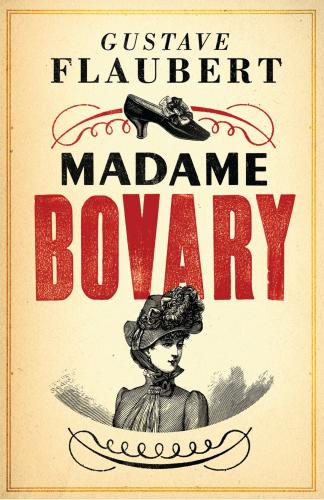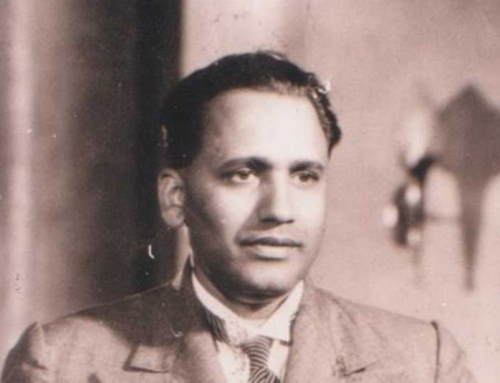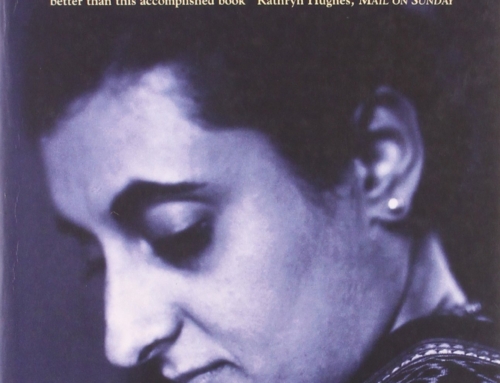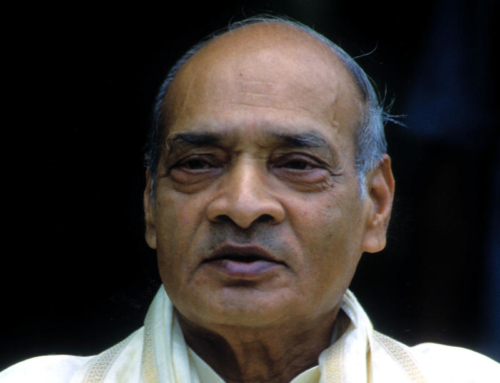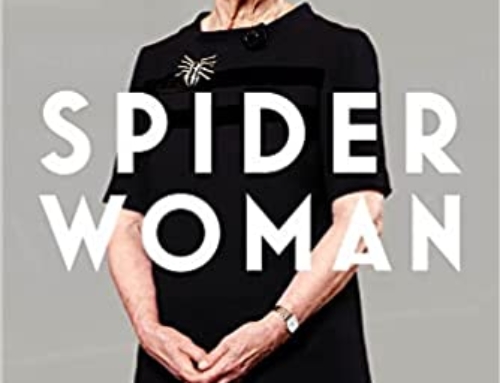Adultery, in the mid-nineteenth century understanding of the term, could only be committed by housewives with their lovers. Philandering husbands were exempt. This embryonic meaning of the word remains fossilised in Section 497 of the Indian Penal Code, 1860 and, until it was held to be unconstitutional in 2018, offered vengeful husbands the legal right to regain in the courtroom what they had lost in the bedroom. It was a reduction of a person to property, as if a trinket had been discreetly palmed by a guest at a garden party.
Gustave Flaubert spent most of the 1850s imagining what passions, what suffocation, would drive a woman to risk the almost-certain destruction of her life to find happiness in the arms of another (and another). The result is the magnificent Madame Bovary. As compensation for his efforts, by the way, Monsieur Flaubert was prosecuted by the French government for “endangering morality and religion” – how could he even think it? The novel is dedicated to his lawyer.
Even read from a distance of a century and a half, though, it is easy to see why this chronicle of Emma Bovary’s married life created such a stir when it was published. Her husband Charles is a loving and hard-working doctor; she has a new-born daughter to care for. Yet, for the former she has only contempt, and for the latter, a consistent neglect. The execution and fall-out of this double revolt against the roles of wife and mother makes Bovary complex and dizzying, even to modern eyes.
The real mutiny, of course, is against society, and is reflected in the pregnant Emma’s (ultimately fruitless) prayer for a son:
“…having a male child was like an expected revenge for all her impotence in the past. A man, at least, is free; he may travel over passions and over countries, overcome obstacles, taste of the most far-away pleasures. But a woman is always hampered. At once inert and flexible, she has against her the weakness of the flesh and legal dependence. Her will, like the veil of her bonnet, held by a string, flutters in every wind; there is always some desire that draws her, some conventionality that restrains.”
Like its author, who from a very young age grappled with an unconsummated desire for a much older woman, Madame Bovary throbs with unrequited love. It is a riposte to the hollow generosity in WH Auden’s famous verse, “If equal affection cannot be/let the more loving one be me.” Whether it is Emma for her paramours, or Charles for Emma, the more loving one suffers and sinks. Being the more loved one, it would appear, is the better option.
As colourful scenes of the Norman countryside flash by, enhanced by Flaubert’s jeweller’s art for intricate prose, we find almost unknowingly that our heroine’s descent into sensualism, like that of Oscar Wilde’s Dorian Gray, has irredeemably corrupted her. It begins, as usual, with emotional deception, “…already she felt in her heart that craven docility that is, for many women, at once the punishment for their adultery, and the price they pay to redeem it.” It ends with swindling and fraud. Witness the skilled adulteress indicating to her younger lover that she wants him to pilfer money from his office for her: “A diabolical boldness emanated from her burning eyes, and her lids lowered in a lascivious and encouraging manner; —so that the young man felt himself weakening under the mute will of this woman who was urging him to commit a crime.” The end, which Flaubert is supposed to have agonised and cried over, leaves the reader shaken and in its spell.
At its heart, Bovary confronts a familiar tension. On the one hand is society, tradition, custom, and the threat of disgrace and humiliation; on the other hand is boredom and lifelessness. We each have to make our own choice.
